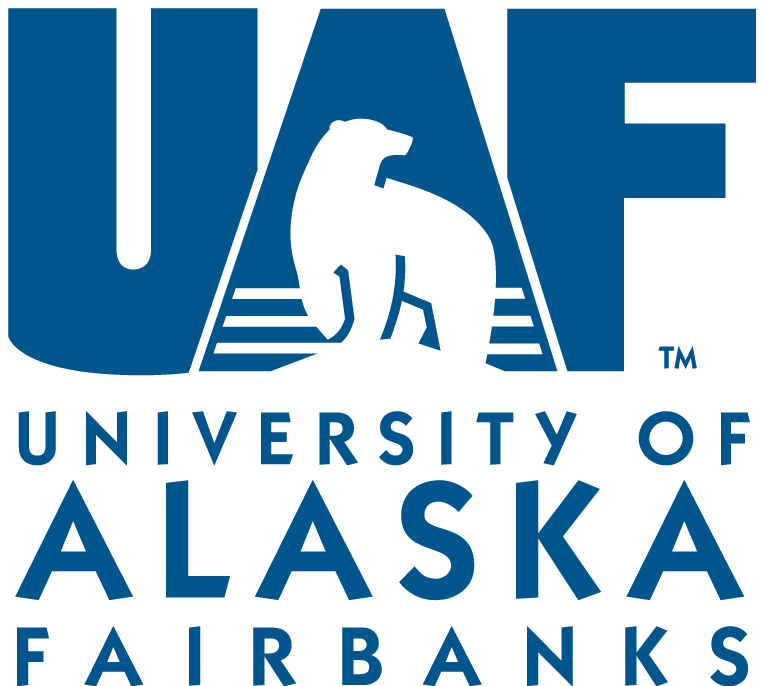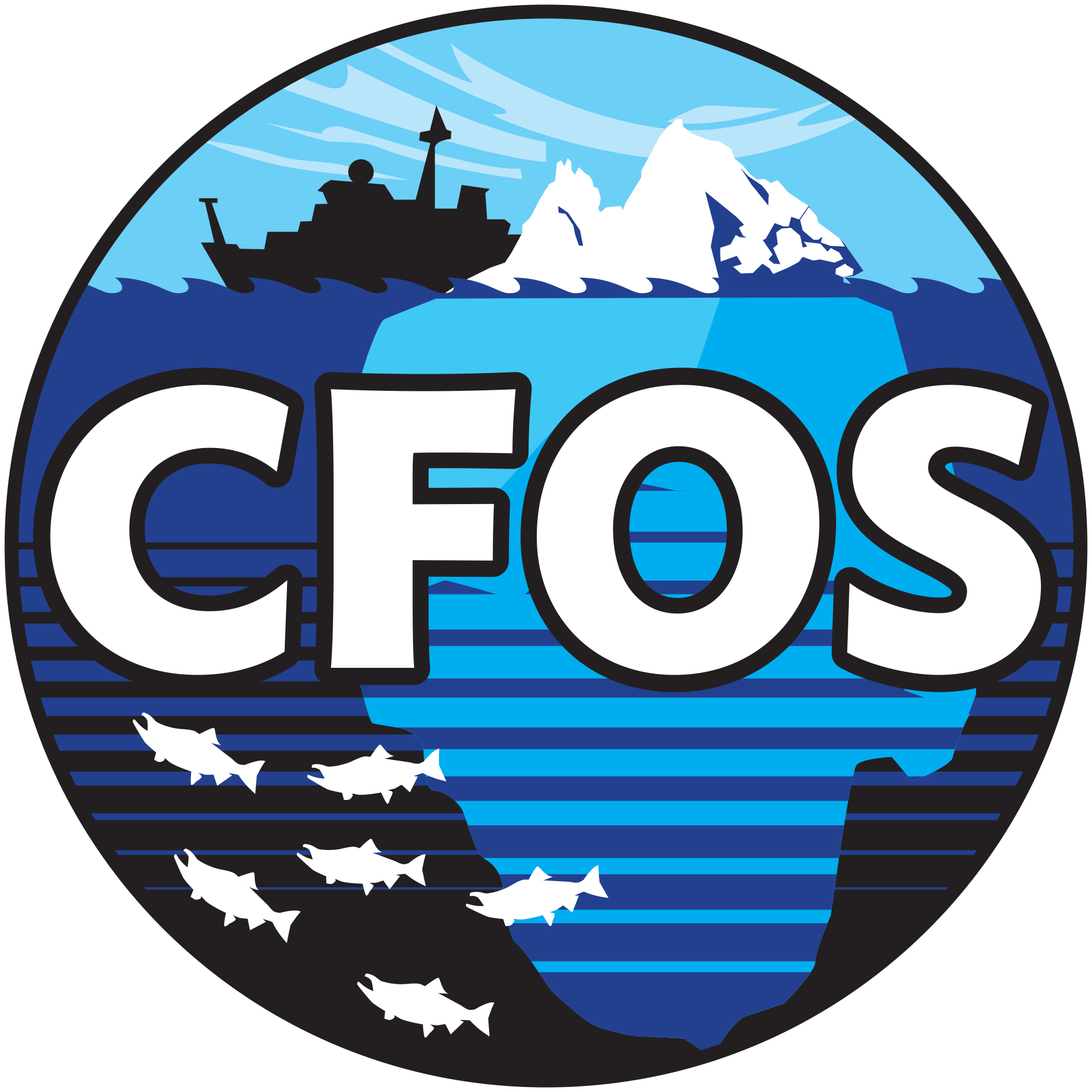Drs. Elizabeth Figus and Keith Criddle recently published an article in the journal PLoS One about the preferences of commercial halibut fishermen in Southeast Alaska to different types of data collection methods on their vessels.
Two students funded by the PCCRC successfully defended!
Julie Nielsen and Kaitlyn Manishin recently successfully defended their PhD. dissertation and Master’s thesis respectively. Dr. Nielsen’s project investigated the large-scale movement patterns of demersal fish with electronic tags. Mrs. Manishin’s research evaluated under what scenarios salmon shark predation could influence the dynamics of Chinook salmon in the AYK region of Alaska. Video recordings of both defenses are available.
New work published by PCCRC research fellow Julie Nielsen
Julie Nielson recently published work on a method she and fellow researchers developed for characterizing activity and inferring survival of Pacific halibut based on accelerometer data from Pop-up Satellite Archival Tags (PSATs). The metrics developed in this project help researchers infer activity patterns and resultantly survival which may be extended to other species.
Nielsen, J.K., C.S. Rose, T. Loher, P. Drobny, A.C. Seitz, M.B. Courtney, and J. Gauvin. 2018. Characterizing activity and assessing bycatch survival of Pacific halibut with accelerometer pop-up satellite archival tags. Animal Biotelemetry 6:10. https://doi.org/10.1186/s40317-018-0154-2
Congratulations to Elizabeth Figus on a successful defense of her Ph.D.!
On Friday 17 November 2017 Elizabeth Figus defended her Ph.D. dissertation:
"Eyes on the Sea: Demonstrating the usefulness of local knowledge to inform commercial fisheries management in Poland and Alaska" Science and decision making in commercial fisheries management take place in the context of uncertainty. This research demonstrates ways that local knowledge held by fishermen can be used to mitigate that uncertainty. This dissertation documents how fishermen in Poland and Alaska perceive management strategies in their fisheries, and compares those perceptions with traditional measures of management performance. Specific case study examples were developed through exploratory interviews with stakeholders in two study regions. Interviews were conducted with Baltic cod (Gadus morhua) fishermen in Poland (n = 31) and Pacific halibut (Hippoglossus stenolepis) fishermen in Alaska (n = 78). Qualitative and quantitative methods were used to analyze stakeholder knowledge about ecosystems, as well as their preferences about regulations. Findings show how the inclusion of stakeholder input in fisheries management need not be limited to ad hoc data collection methods in order to be meaningfully interpretable by managers.
Photo: Molly Fox Zaleski




